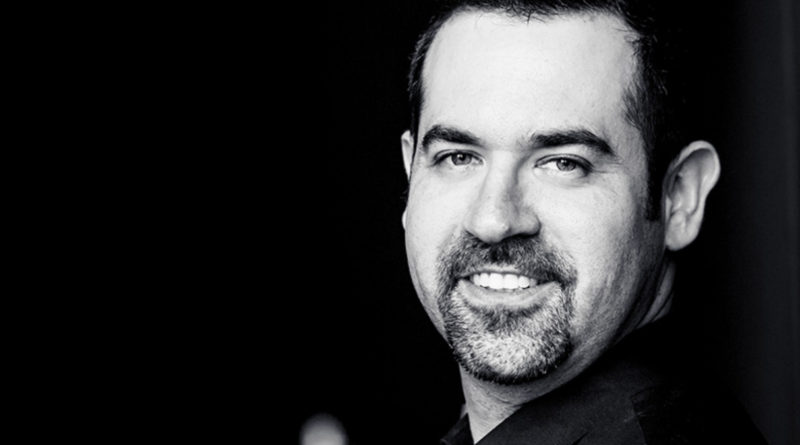Preventing Playing Injuries: The Power of Your Warm-up Routine
Ory’s Flute Tips
I’m sure you are very well familiar with the following:
You open your flute case in the morning, put your flute together and dedicate most probably between 30-60 minutes to all kinds of exercises you were taught/told by your teacher to do.
Have you ever stopped to ask yourself whether these exercises are really useful for your playing? Could it be that they are the source for all kinds of pains and injuries you might be experiencing? Is it possible to find out exercises that will actually prevent injuries and pains from happening?
My answer to you is: definitely YES!
Each one of us has our own warm-up and practice routine: a set of exercises we do daily that work on various aspects of our playing techniques. These exercises are idyllically designed to target our most basic techniques needed for a good playing and these are the exercises that build up our playing habits and automatism. If you have good routine and you build up good habits through it, then your warm-up routine is useful and effective. But, if the exercises you practice daily aren’t helping and you develop bad habits through them – it can have a very long lasting affect on your playing and very likely it will increase the risk of future injuries as the time passes.
Unfortunately, many players will develop with the time various injuries related to the way they play, from problems with the lips, jaw, neck, shoulders, hands, fingers etc. The smallest unwanted and uncontrolled tension in your lips today could lead to pains in your jaw, neck and shoulders in the future, without you even realizing the source of the problem (and very likely, also your doctor won’t make the connection).
Your warm-up routine therefore should not only deal with the quality of your sound or your articulation. Your warm-up routine should primarily allow you to train and develop your understanding of your body and your control/awareness over your muscles use. The sound and articulation quality will inevitably improve as a result of a good and correct use of your body.
Think about it for a second: everything you do – every sound you play – is a result of the way you use your muscles. The more you are able to control the relevant muscles, the least are chances that actions will happen randomly and rather would happen because you really made it happen.
Too often I meet students in my intensive masterclasses, who complain about all sorts of tension and pains, yet they do not take that as a warning sign and look for ways to change that. Their practice routine would not approach these problems and the bad habits would be more difficult to correct as the time passes.
I find that there’s a big misunderstanding about what the warm-up is really about. Have you ever seen how sportsmen are doing their warm-up? It’s always about stretching the muscles, activate them, practice certain movements they need. It’s never about running the 100m sprint for the warm-up. Yet, we flutists tend to jump straight to our scales and finger technique exercises and forgetting our most important techniques – our air use and our lips. We expect these to just magically work automatically and we don’t consider the need to train and warm-up these muscles before we get to the finger technique challenges. By doing that, we put immediately tremendous pressure on these muscles and develop all kind of bad habits (such as for example, playing with the ‘smile embouchure’) without even being aware of it.
So what’s the ideal solution?
Become the Flutist You Wish to Hear.
Learn the most effective warm-up routine, online from home
A warm-up routine that focuses on your flexibility and favors muscles awareness
The ideal warm-up routine should be the one that favors the learning process and understanding of how you control your body. It should contain exercises that let you discover new possibilities to use your muscles, to challenge you to play with various positions and oblige you to be able to perform various muscle movements that will release unwanted tension and avoid the stiffness that you might be playing with at the moment.
Here’s a short testimonial from Hagar, a participant in my warm-up routine course, who talks exactly about how the warm-up routine could help her:
“Ory’s exercise series trains all the embouchure muscles and widens their motion ranges. This can really help open up the sound, focus it, and get rid of excess tension in the lips, cheeks and jaws. It helped me loosen up my jaw which tends to get tense and stress other nerves.” – Hagar Shahal, member of Meiter Ensemble
If you feel you can only play with one embouchure position and the moment you loose that position you loose your tone – it’s a problem. With the right routine you can discover that there’s more than just one position to play with. This in return will allow you to have a wider range of colors and dynamics and your muscles and sound will be freer and reduce significantly your risk of developing pains and injuries in the future.
Enjoy practicing, keep healthy and let me know what you think in the comments.
Ory Schneor is a principal flutist with the Munich Chamber Orchestra, Tongyeong Festival Orchestra and member of the Geneva Camerata. He is teaching masterclasses around the world and he is the founder and instructor at FLUTEinWIEN – Intensive Masterclasses in Vienna
